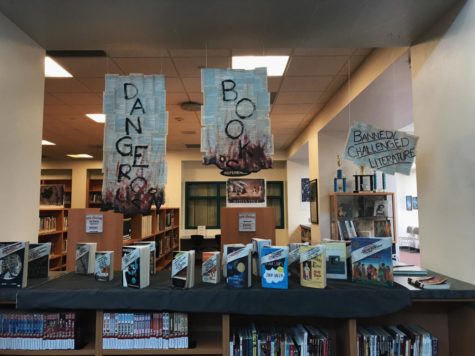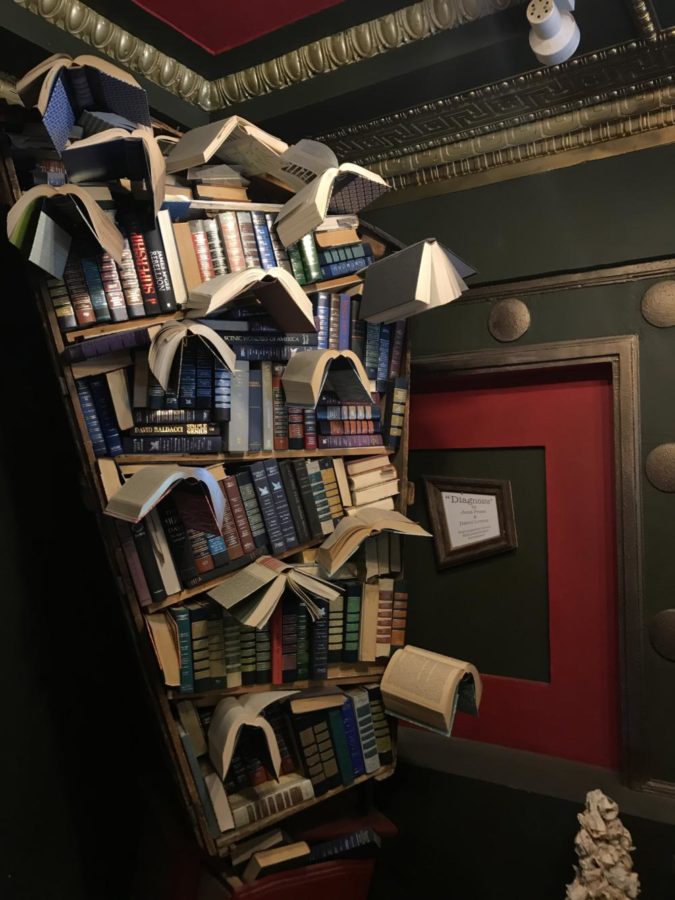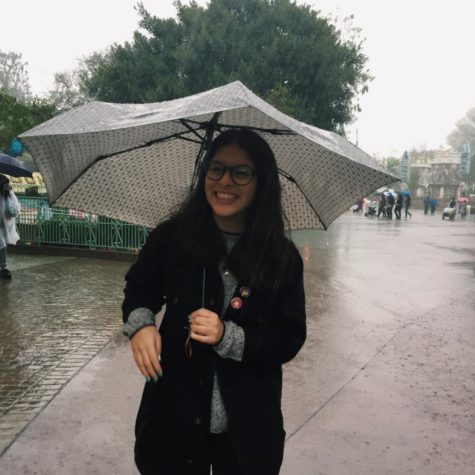Embracing the Banned Books across the US
October 6, 2017
Last week was banned books week, in which the recognition of some of the books that are banned across the US is revealed. The nationwide event recognized the importance and positive effects that the “banned books” have on young students and their interpretation on life events. More and more books are being banned in primary and middle schools due to some of the profanity and graphic topics discussed and included.
As for the books that have been banned, some of them are considered beloved classics today, with many being young adult novels and classic pieces of literature that includes “The Great Gastby” by F. Scott Fitzgerald, “The Catcher in the Rye” by J.D Sallinger, and “To Kill a Mockingbird” by Harper Lee.
Many of the young adult books have been said to introduce “inappropriate” ideas and youthful experiences that may encourage these ideas onto their readers. Most young adult books that have been banned contain characters that are part of the LGBTQ community, which can infer on the discrimination of such that s relevant in today’s world. Books like “I am Jazz” by Jazz Jennings and Jessica Herthel, “George” by Alex Gino, and “Drama” by Raina Telgemeier, have all be banned due to “portraying characters falsely.” Denying young students the right to read books for free at their own libraries whether they’re at school or local is seen as a atrocity and disgrace towards a student’s rights to read and analyze classic and current pieces of literature.
Some of the activities that took place not only across the nation but in our very own Roosevelt library to embrace the “banned books” were held by our newest librarian, Mrs. Louza. Roosevelt’s senior, Audry Do, shared her take on the banned books across the U.S. “I feel like people believe that by being exposed to controversial topics causes kids to act the immediate “wrong” way, but what controversial books do is exposes the wrong way to act so it in a way, prevents it from happening. And at the end of the day, books are products of fiction. Being taught it school, is for literary purposes not to promote controversy.”



